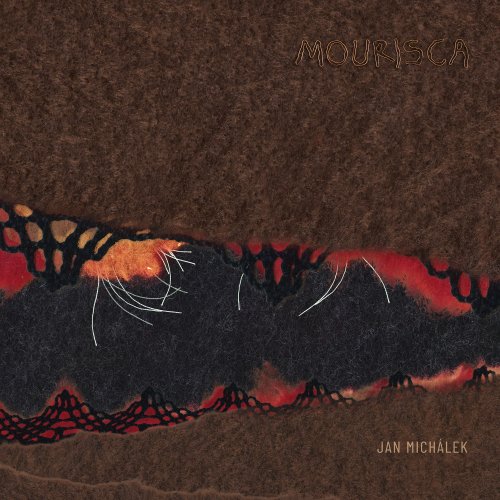Biagio Putignano - Almucantarat: Magnetic Tape Music (2016)

Artist: Biagio Putignano
Title: Almucantarat: Magnetic Tape Music
Year Of Release: 2016
Label: Da Vinci Classics
Genre: Classical
Quality: FLAC (tracks)
Total Time: 1:02:17
Total Size: 272 MB
WebSite: Album Preview
Tracklist:Title: Almucantarat: Magnetic Tape Music
Year Of Release: 2016
Label: Da Vinci Classics
Genre: Classical
Quality: FLAC (tracks)
Total Time: 1:02:17
Total Size: 272 MB
WebSite: Album Preview
1. Mari di voce on Fragment by Homer's Iliad (19:18)
2. Oscillum (10:02)
3. HDRS (15:01)
4. Se le stelle fossero sogni (09:55)
5. Almuncantarat (08:00)
Musical imitation works in two different directions: towards a real or an impossible audible reality.
The first case is the imitation of the soundscape, the second is the musical composition as a mimetic process, in which the composer imitates emotional states and abstract concepts through sounds and the listener build a mimetic universe by following the suggestions of the sounds. Imitation is the core of the relationship between the composer and the listener, and only on that basis that the natural sound differs from the “musicâ€.
Contemporary music has shown how the musical act consists essentially in mimetic relation, relying in the first place to what is the essence of every mimetic relationship: the contrast. The outer mimesis is accomplished through the formal reproduction resembling one or more parameters of the composition (melody, rhythm, tone) and is realized in the concrete sound shape, revived more or less realistically, until the phonographic output made possible from electronic music, using magnetic tape or sampling.
The first case is the imitation of the soundscape, the second is the musical composition as a mimetic process, in which the composer imitates emotional states and abstract concepts through sounds and the listener build a mimetic universe by following the suggestions of the sounds. Imitation is the core of the relationship between the composer and the listener, and only on that basis that the natural sound differs from the “musicâ€.
Contemporary music has shown how the musical act consists essentially in mimetic relation, relying in the first place to what is the essence of every mimetic relationship: the contrast. The outer mimesis is accomplished through the formal reproduction resembling one or more parameters of the composition (melody, rhythm, tone) and is realized in the concrete sound shape, revived more or less realistically, until the phonographic output made possible from electronic music, using magnetic tape or sampling.








